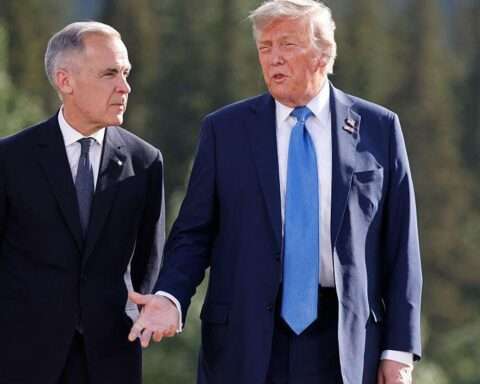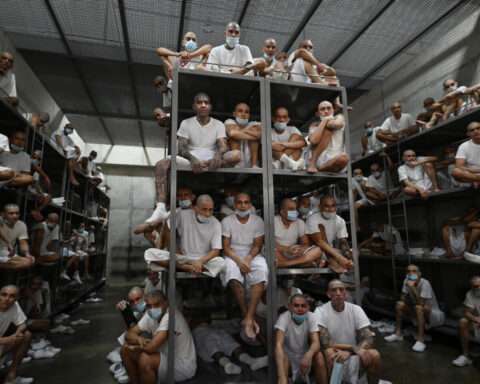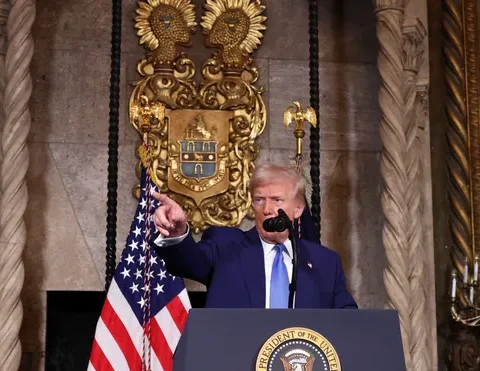WASHINGTON – “We need to help fight the disease around the world to keep us safe here at home and to do the right thing of helping other people,” Biden said in remarks delivered from the White House East Room.
For the first time, U.S. shipments overseas will include shots authorized for domestic use as the supply at home begins to outstrip the demand.
The 20 million doses of vaccines from Pfizer, Moderna and Johnson & Johnson will be on top of 60 million AstraZeneca doses Biden already planned to send to other countries.
“This means over the next six weeks, the United States of America will send 80 million doses overseas,” the president said. “That represents 13% of the vaccines produced by the United States by the end of June.”
White House press secretary Jen Psaki, during Monday’s daily briefing where she previewed Biden’s announcement, said: “This is the most doses donated by any country in the world by five times.”
Replying to a reporter’s question on which countries would be receiving the doses from the United States, Psaki said, “I expect we’ll have more in the coming days on what our criteria will be.”
So far, the United States has shared only about 4.5 million doses of the AstraZeneca vaccine with neighbors Canada and Mexico.
“The sooner the U.S. and other wealthy countries develop a coordinated strategy for sharing vaccine doses with the world’s most vulnerable, the faster we will end the global pandemic for all,” said Tom Hart, acting chief executive officer of The One Campaign, a global organization dedicated to ending extreme poverty and preventable diseases.
A similar reaction to Biden’s announcement is being expressed by the chief health officer of Project HOPE, an international nongovernmental health organization.
“At the current rate, it is likely that only 10% of people in the majority of poor countries will be vaccinated in the next year,” according to Dr. Tom Kenyon. “Amidst vast supplies of COVID-19 vaccines held by wealthy nations, including the United States, it has become unethical to withhold vaccines any longer from high-risk groups, such as global health workers in marginalized communities and countries who put their lives on the line daily to care for the sick, and are themselves dying at alarming rates.”
Kenyon, a former global health director of the U.S. Centers for Disease Control and Prevention, said the United States “is very short-sighted if we think that vaccinating only Americans is going to be sufficient. COVID-19 is a very dangerous disease spread through respiratory droplets and cannot be controlled locally if it remains unchecked globally.”
Biden’s announcement comes after the president was repeatedly pressed by some institutions in the United States, as well leaders of other countries, to bolster its effort to assist with a shortage of coronavirus vaccines abroad.
Biden also announced that the White House coronavirus coordinator, Jeff Zients, will lead the administrations’ effort to share vaccines globally. Zients is to work in coordination with the National Security Council and other agency partners, including Gayle Smith, who is coordinating global diplomatic outreach at the State Department.
“We will not use our vaccines to secure favors from other countries,” Biden said on Monday. That remark is viewed as indirect criticism of vaccine diplomacy by China and Russia, which are accused of leveraging their supplies to improve relations and deepen influence with countries desperately seeking doses.






